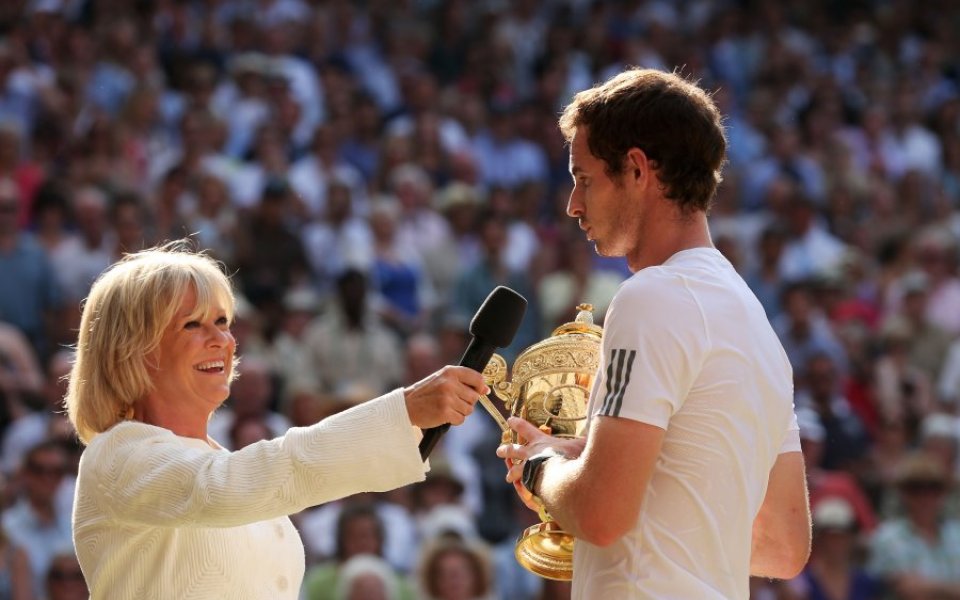Why the future of the BBC’s sports coverage is made even more uncertain now Sky has renewed its Premier League highlights deal

Last week Sky announced that it will be making Premier League highlights available on demand next season, after renewing its rights to "near-live highlights", the value of traditional highlights programmes, in particular, the BBC’s flagship football show, Match of the Day, into question and again leads to serious discussions about the future of sport on the BBC.
BBC Sport was, along with ITV, traditionally the television home of top-level sport in the UK. In addition to major events such as the Olympics, it used to broadcast cricket, boxing, horse racing and a host of other sports. More recently its ability to allocate the necessary resources to compete for rights has been under increasing pressure. Its successful renewal of contracts for Wimbledon, until 2020, and Match of the Day (until 2019), have gone some way to preserve its portfolio. Yet value for money remains a key issue. With football fans able to view all Premier League matches either live or in substantive highlights from within a short time after the final whistle via Sky’s services, a continued consumer appetite for a scheduled late Saturday evening show is questionable.
Read more: Sky to offer extended Premier League highlights on demand
In terms of acquiring premium rights generally, alongside the threats posed by Sky, BT Sport and ITV, Eurosport have now stepped up to the plate by acquiring the European rights to the Olympic Games, starting in 2018 for most territories and 2022 for the UK and France. The BBC is also set to lose the live broadcast rights to the Open Golf Championships and failed to secure exclusive rights to Six Nations Rugby (which it has had to share with ITV). The BBC is clearly making very hard decisions about how it allocates its increasingly threatened resources. In this climate, some might question whether Match of the Day is still a flagship programme representing greater value than exclusivity to the Open golf or Six Nations.
Changes to the regulations covering listed events, like the Olympics, may further undermine BBC Sport.
These regulations were established in a different broadcast environment to ensure the events could be seen by all and now do not reflect the development of the multi-platform digital broadcasting world with near universal access to many channels. After being largely shelved since the 2010 general election, they are overdue for review, building on the Davies Report published by DCMS in 2009.
Any review will pose more questions about sport on the BBC. There is no obligation on the BBC to bid for these listed events and, if sports do not meet the editorial needs of its rivals, and the BBC is editorially unwilling or financially unable to allocate resources to such events, their purpose is undermined even further. The preservation of listed events must therefore be questioned.
Read more: BBC loses Olympic broadcast rights as Eurosport signs £922m deal
If they are to continue, the regulations undoubtedly need to change and, in the future, we may see TV broadcasters such as Eurosport or Sky show listed events on unencrypted, free channels instead – thereby guaranteeing public access but further sidelining BBC Sport.
What impact this will have on the BBC’s great sporting tradition is still unclear and its future resource allocation must, of course, be seen within the context of the upcoming Royal Charter renewal and the wider licence fee debate. Might we see a partnership with a provider like BT, or will sport cease to be part of the BBC public service broadcasting remit altogether?